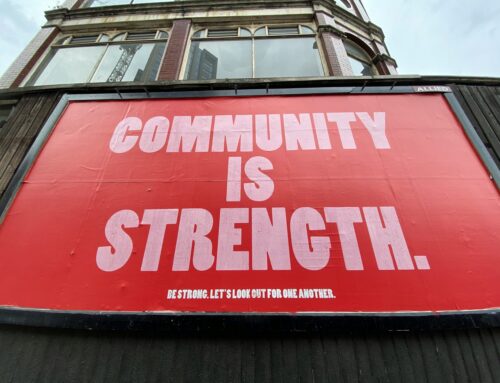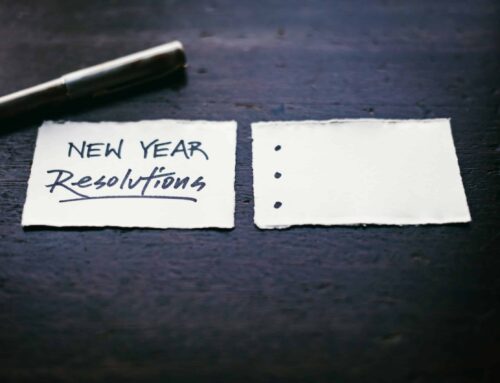Often clients come to me with the goal of being more present in their lives. They have a sense of precious moments passing them by, their relationships could use more loving attention, and their bodies are begging them to slow down and be more mindful.
And yet they are surprised at how hard it is to practice presence.
I often hear feedback along these lines:
I went home and paid attention to how my body was feeling, but it only lasted a few seconds and then my mind was spinning again and I forgot my body completely.
I try to really listen when my toddler talks to me but honestly, I get so bored and then I start to remember all the things I need to get done and I feel distracted.
I want to be present, I really do. But, I just can’t stay focused more than a few minutes and then I find myself worrying about something that might happen or remembering something that already happened. Then I get mad at myself for getting caught up in these thoughts.
Let’s be honest: Being present is not easy nor does it come naturally to those of us raised in a productivity-oriented culture. From the minute we are born, we learn that our value is measured by what we accomplish, the items we check off on our many To-Do lists. Life moves so fast, we spend much of our time processing what happened in the past or stressing out about what is coming up in the future.
Before you get too hard on yourself about what a failure you are at being present, it is helpful to look at the obstacles you might be experiencing.
Common Obstacles to Being Present:
1. You are not sure how to do it! Often people are confused by what it means to “be present.” Because it is not something most of us have learned from an early age, it feels foreign to us.
“Mindfulness practice” can be a very helpful tool. Jon Kabat-Zinn, a well-respected mindfulness teacher, says: “Mindfulness means paying attention in a particular way; on purpose, in the present moment, and nonjudgmentally.”
Sound easy? It’s not! Being mindful is consciously bringing your attention and awareness into the present moment while observing the emotions, thoughts, sensations, memories and judgments that come up. Instead of reacting to what arises, mindfulness practice invites you to witness your feelings and thoughts while staying rooted in the present experience.
For most of us, it is helpful to have some guidance when beginning mindfulness practice. Working with an experienced teacher or coach, reading books that offer helpful tools or listening to CDs can be very supportive and instructive.
2. Something needs your attention. It can be difficult to be mindful when you are avoiding something that is demanding your attention. When you have unspoken words that continue to surface in your mind or a painful memory that needs healing, you are continually distracted from the present so that you can pay attention to what needs to be completed.
3. You have unmet needs in the moment. Perhaps you are trying to be present with your child, but your back is screaming in pain. Or you want to listen to your partner, but you are feeling triggered and reactive and just need a break. Being mindful is often about being honest. If the thing you are most present to in this moment is an unmet need, tending to that will make you more available in the long run.
4. You are stuck in an addictive pattern. Perhaps you are a chronic worrier or in a cycle of anxiety. Or you get sucked into the computer or TV and can’t seem to stop checking your email, Facebook or the news. Maybe your identity is very attached to being productive and taking the time to pause and reflect in the present feels impossible. In Buddhism, the busy, untrained mind is called the “monkey mind” and is considered the cause of much suffering.
Like any addiction, chronic busyness (in thoughts and action) takes awareness and commitment to change. And the first step is just realizing that it is an actual problem, not just a state of “being busy.”
5. You don’t realize the benefits of being present.What percentage of your life are you actually awake and alive to the present moment? Most people spend only a fraction of their time actually in the moment they are living. But the reality is that if you want to make any positive impact in your life, it is going to happen in the present!
By practicing presence and mindfulness, you are better able to make empowered choices, access inner clarity, change habits and learn to trust yourself.
Take some time this week to discover your own obstacles to being present and then take action: get in the present before it passes you by! Check back for a post on some simple steps to begin your mindfulness practice.




[…] My blog on my Nurture Life Coaching site this week is all about the obstacles to being present. If you are struggling with what it means to be mindful or feel challenged in your everyday life with just being present, be sure to read it! […]
[…] « Obstacles to “being present” […]